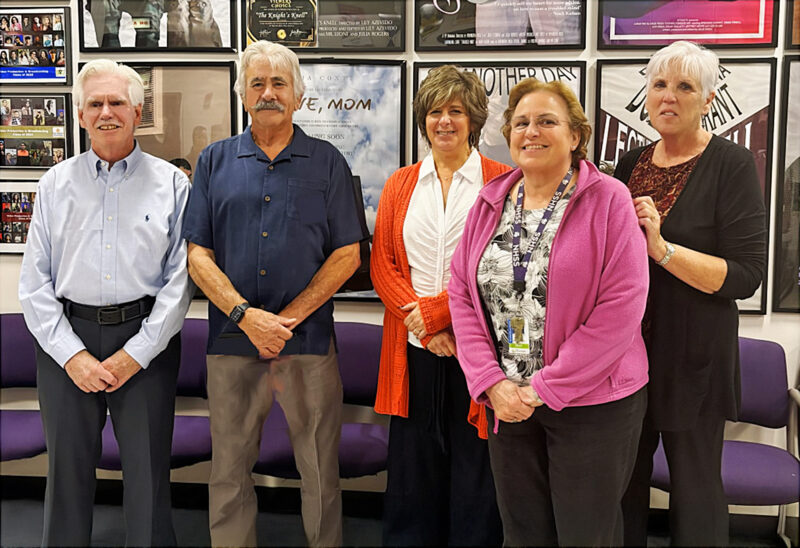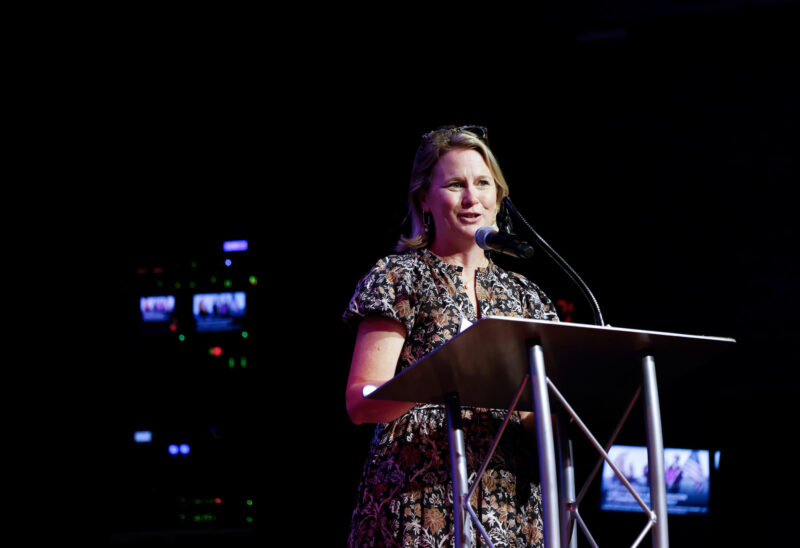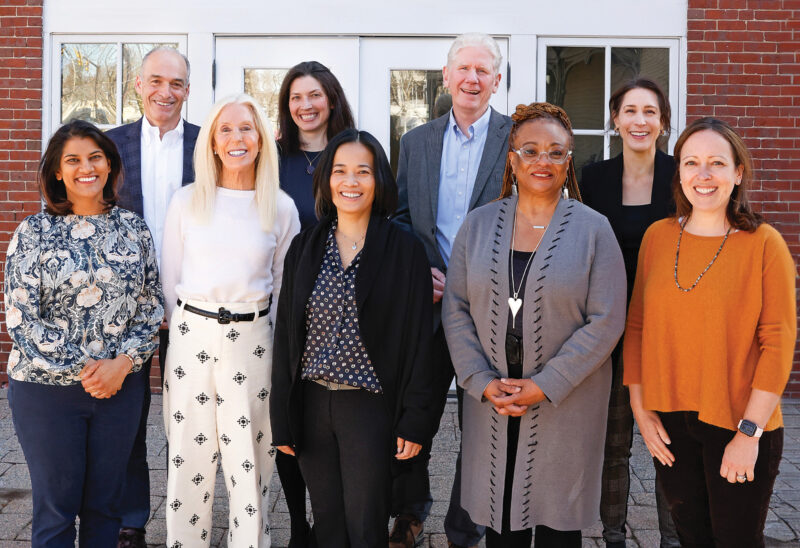The parents on the phone were desperate.
They were calling the Gorham Community Learning Center hoping to find an open child care slot. Other centers had closed, compounding scarcity. The Learning Center’s waiting list was already out of control.
“Parents were calling us crying, yelling at us,” said Melinda Fauteux, director of the center. She understood the frustration. The scarcity was causing ripple effects, including staff shortages at medical facilities, when workers had to stay home with young children.
But this small nonprofit child care provider could not solve the problem without community help.
Gorham is a town of fewer than 3,000 residents on the banks of the Androscoggin River in Coös County.
“We are a community that works together,” said Tina Binette, who is both principal and a graduate of the Edward Fenn Elementary school in Gorham.
Here is what this community working together looked like:
The Learning Center asked the school district for use of an empty classroom at the elementary school for its preschool program, and the district agreed. That freed up space for more children in the main center while allowing for mandated services (like speech pathology) to be provided in one place. Northeast Credit Union agreed to lease and then sell its empty branch on Main Street to the center on favorable terms. Local nonprofit AHEAD took the lead on the transaction, mortgage and funding applications and architectural design. The Town of Gorham managed a block grant. The Granite United Way, the Charitable Foundation and its Neil and Louise Tillotson Fund, and other generous donors kicked in.
A local church raised money for playground equipment. The Coös Directors Network helped facilitate the entire project.
One recent morning, little Charlotte and Wesson and Dylan designed with pattern blocks while their parents worked as nurses, mechanics and teachers. Their classmates’ parents are dentists and firefighters, corrections officers, builders and loggers.
The Learning Center hopes to be in the new space by 2025, doubling its current capacity.
Gorham’s solution is being looked at for replication. This single project does not solve the state’s child care crisis. But it does show what can happen when a community sees that crisis as a shared problem to solve.








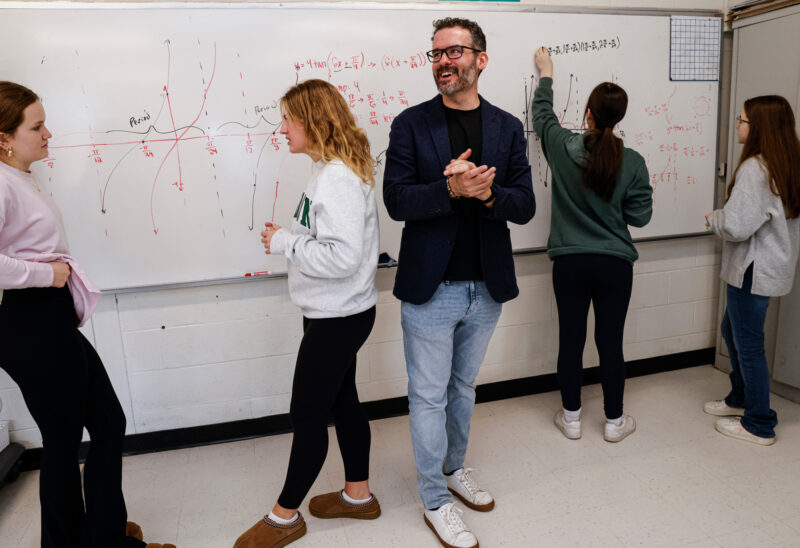
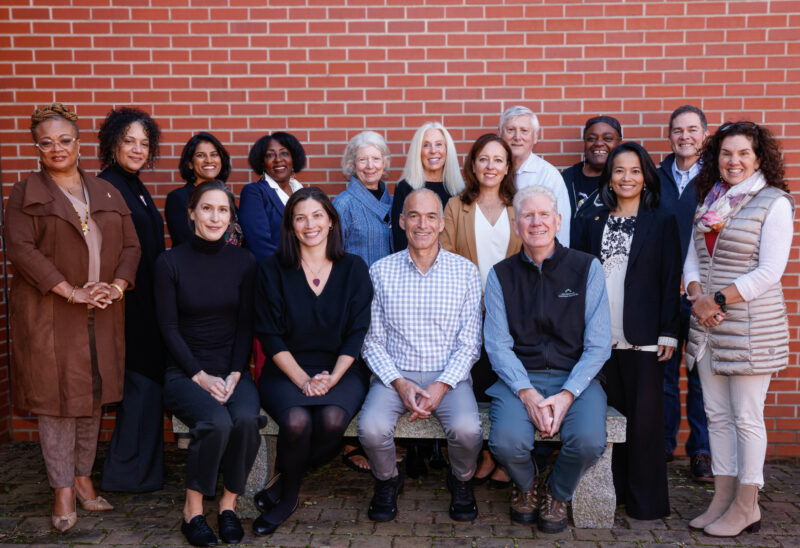
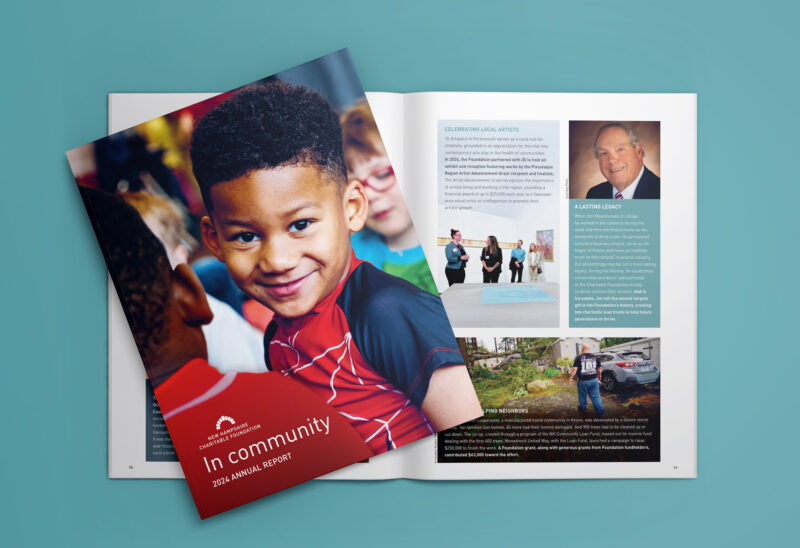
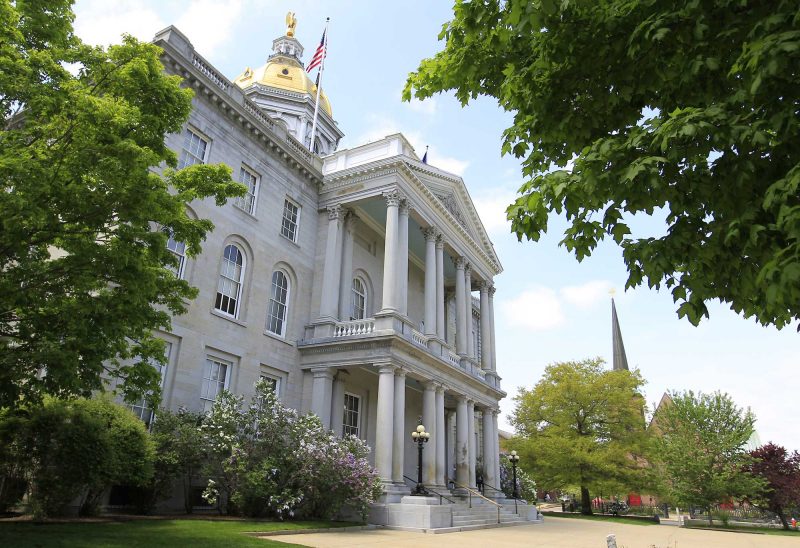

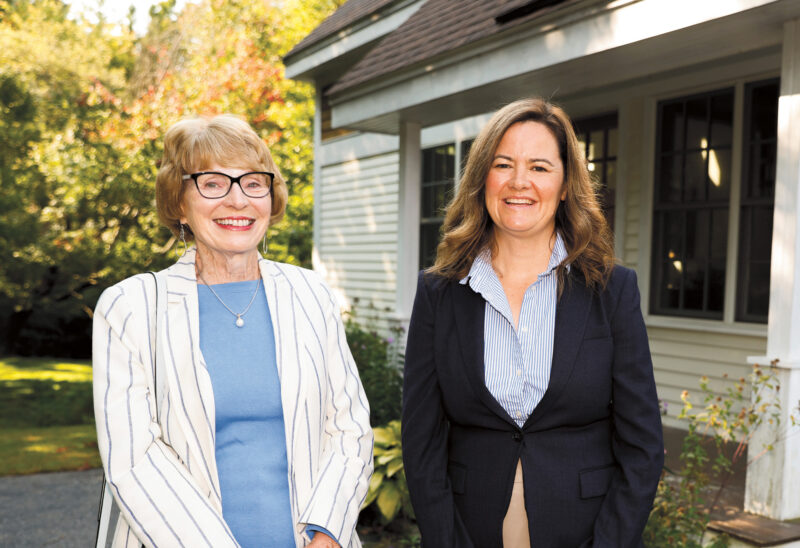
![Charitable Foundation President Dick Ober [Photo by Cheryl Senter]](https://www.nhcf.org/wp-content/uploads/2023/12/dick-ober-purpose-fall-winter-2023-800x548.jpg)
